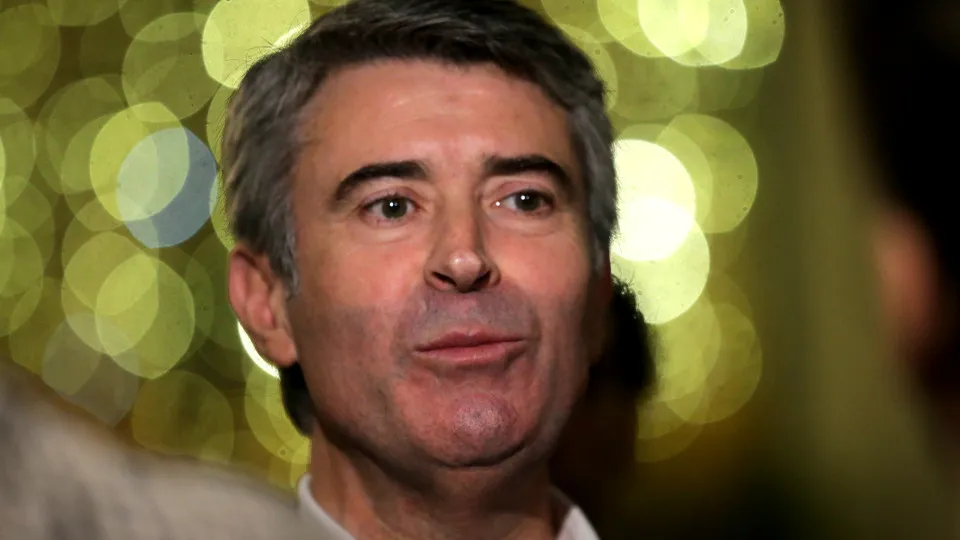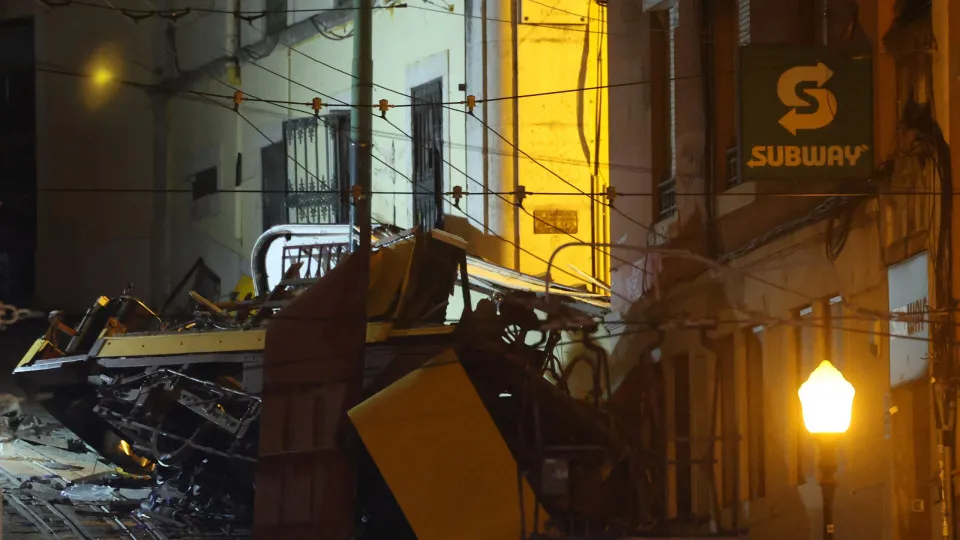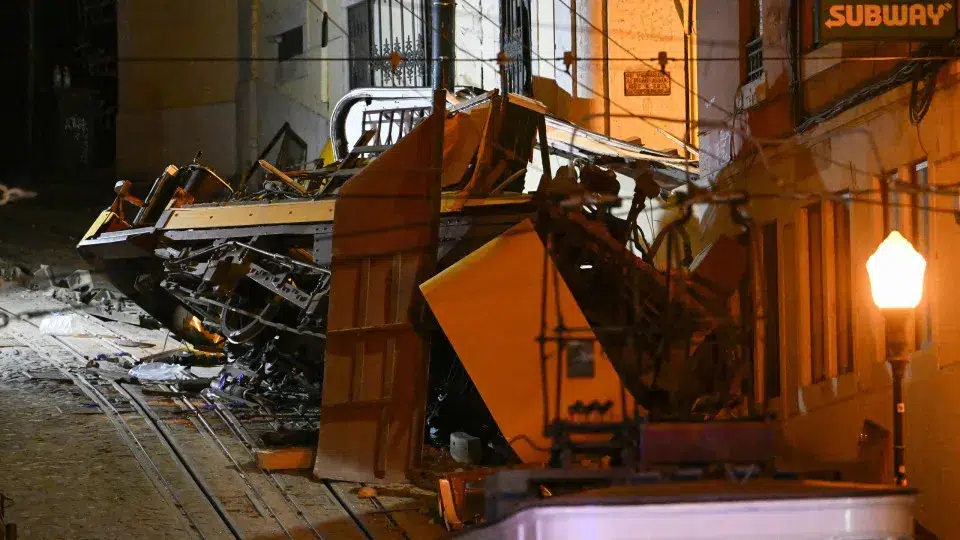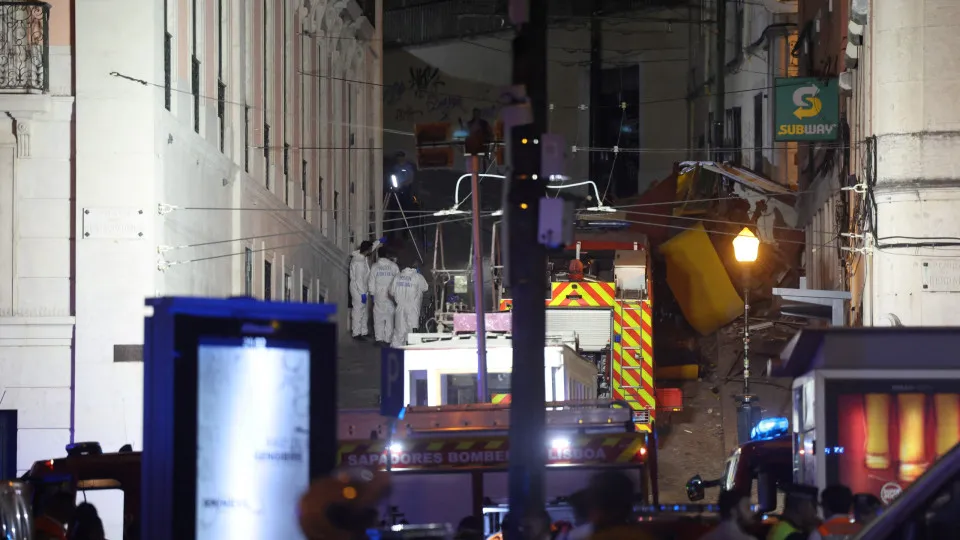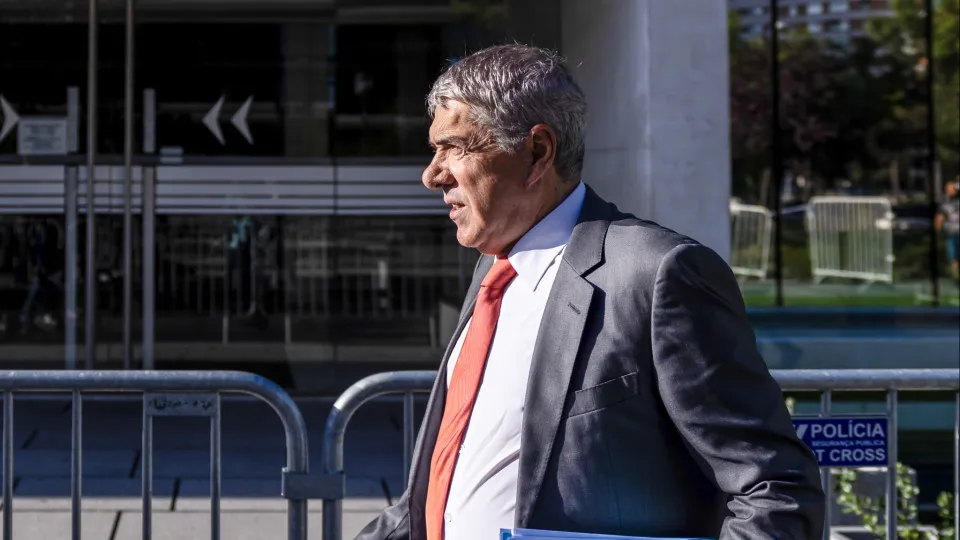
José Sócrates is currently standing trial in the Operação Marquês case, facing allegations including corruption by the Lena Group. The consortium, of which Lena was part, won the 2010 bid to construct the Poceirão-Caia section of the high-speed rail line. There are claims that Sócrates was bribed to ensure compensation for the consortium should the Court of Auditors reject the project, which eventually happened.
The arbitration court later set the financial compensation at 150 million euros, which remains unpaid.
Today, during the fifth day of questioning, the former prime minister (2005-2011) argued that this amount only covers costs actually incurred by the consortium, while the “million-dollar compensation” under scrutiny relates to ‘swaps’ (insurance to hedge risks) tied to financing agreements between the companies and banks.
José Sócrates, referencing documents, pointed out that it was decided by Pedro Passos Coelho’s government (2011-2015) to repurpose a loan granted by several banks to the consortium for the TGV via Parpública following the Court of Auditors’ rejection in 2012.
The transfer of 600 million euros meant the State took on the ‘swaps,’ which had a negative value of 180 million euros.
“These ‘swap’ compensations weren’t for Lena; they went to the banks, and once paid, the clause was extinguished. […] Accusing Lena of corruption for a compensation actually received by the banks is the absurdity of all this,” emphasized José Sócrates.
The former Socialist leader further accused the public prosecutor’s office of dishonesty, noting that these facts were known when the charges were brought in 2017, prompting a protest from prosecutor Rómulo Mateus.
Throughout the morning, the former prime minister was repeatedly cautioned by the presiding judge about his language, including references to the court.
“The court holds no grudges, no feelings towards the defendants. It never has, and it will not. The court is here to do its job,” warned Judge Susana Seca, adding that she will not tolerate ongoing comments regarding its objectivity.
José Sócrates, aged 67, faces charges including three counts of corruption, among a total of 22 crimes.
The trial commenced on July 3 at the Central Criminal Court of Lisbon, with today marking the first session after a month-and-a-half hiatus for the judicial holidays.
In all, the case involves 21 defendants, collectively answering to 117 economic-financial crimes.
The defendants have, in general, denied any wrongdoing.

